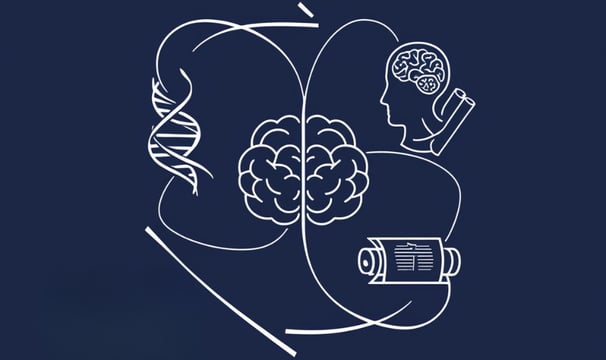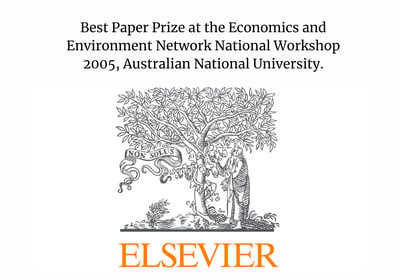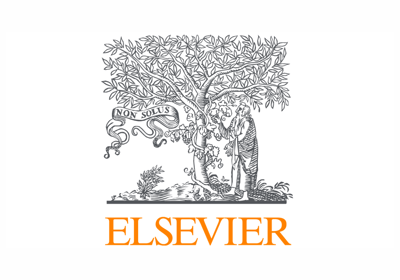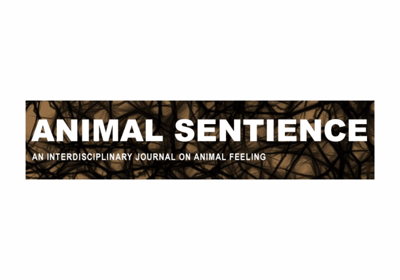Academic Contributions
Professor Yew-Kwang Ng is a leading scholar in welfare economics, focusing on the theory of the third best, happiness economics, and public policy, while examining the implications of hedonistic utilitarianism for effective altruism. He also proposes mesoeconomics which combines micro, macro, and general equilibrium in a simplified way, without assuming perfect competition.


Research Contributions
Professor Yew-Kwang Ng has over 300 refereed papers in economics and other fields, proposing welfare biology as a notable contribution. He published his first paper in the Journal of Political Economy while still an undergraduate.


Economics and Moral Philosophy
Professor Yew-Kwang Ng has greatly influenced economics and moral philosophy. In economics, he is known for his work in welfare economics, especially his theory of the third best. He also contributes to happiness economics and advocates for measurable utility.
Publications Overview
Explore Professor Ng's extensive works in economics, happiness studies, and global policy through his publications.
Quasi-Pareto social improvements


Towards welfare biology: Evolutionary economics of animal consciousness and suffering
The paper combines economics and natural selection to examine which species experience welfare, whether it is positive or negative, and how it can improve.
Shows that Nobel laureate Ronald Coase’ case against the Pigouvian taxation of pollution is based on ignoring an asymmetry due to using an all-or-nothing comparison only.
Eternal Coase and external costs: A case for bilateral taxation and amenity rights




The paper shows that it is more efficient to treat a dollar as a dollar (pure efficiency rules supreme) in specific issues, leaving the distributional objectives to the general tax/transfer system.
Environmentally responsible happy nation index


Markets and Morals: Justifying Kidney Sales and Legalizing Prostitution
Considering efficiency, equality, and morality, this book argues for qualified market expansion, particularly in legalizing kidney sales and prostitution.
This paper explores commonsense methods to reduce animal suffering at low costs and ways to enhance animal welfare advocacy, especially for farmed animals.
Global extinction and animal welfare: Two priorities for effective altruism (Atkinson Memorial Lecture)




Proposes a national success indicator to complement/supplement GDP, taking account of happiness positively and environmental disruption negatively; with an extended analysis by Chen, et al. in 2016
Effective altruism despite the second-best challenge


The Importance of Global Extinction in Climate Change Policy
Mitigation investments that reduce extinction risks justify immediate action against climate change, despite high consumption discount rates.
This paper explores commonsense methods to reduce animal suffering at low costs and ways to enhance animal welfare advocacy, especially for farmed animals.
How welfare biology and common sense may help to reduce animal suffering




Effective altruists may increase at least the expected welfare by focusing on areas of serious inadequate optimization, taking into account the indirect effects if information allows
Get in Touch
Reach out for inquiries about publications and collaborations.


Get in touch
Follow Professor Yew-Kwang Ng on Social Media
Contact email
Contact
kwang.ng@monash.edu
© 2025. Professor Yew-Kwang Ng, All rights reserved.


